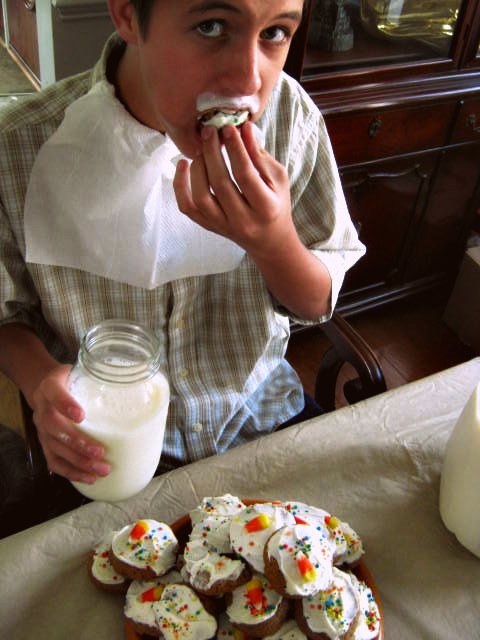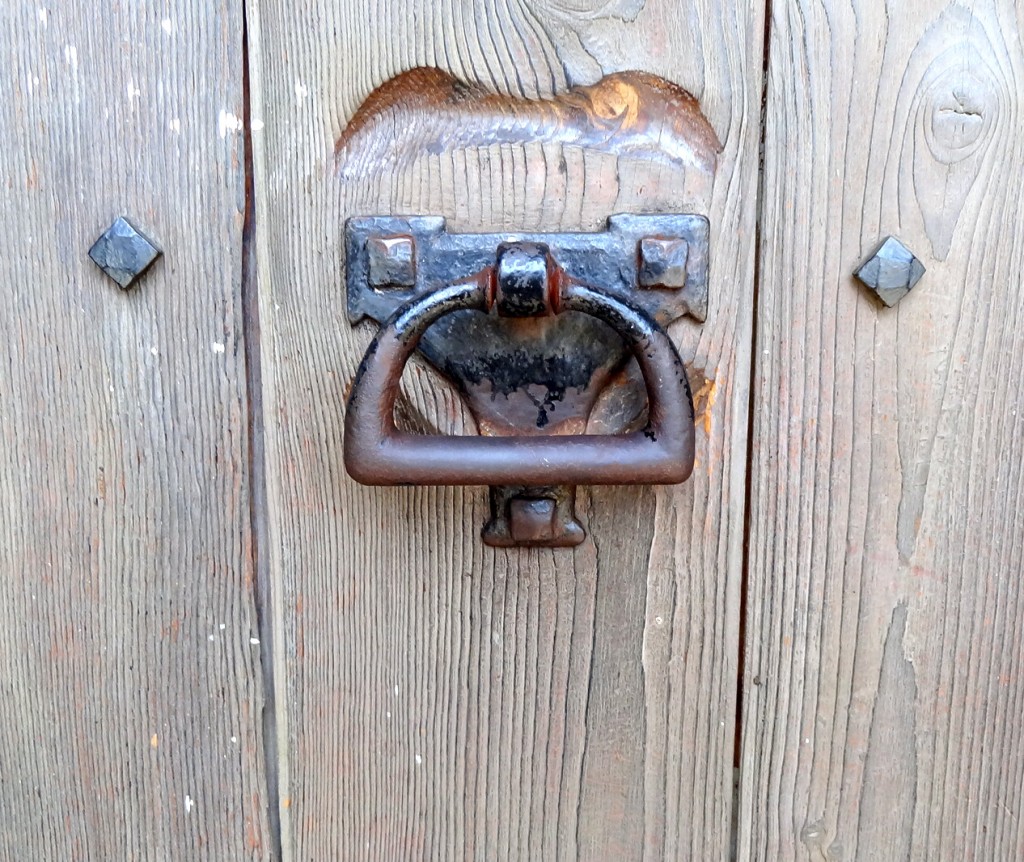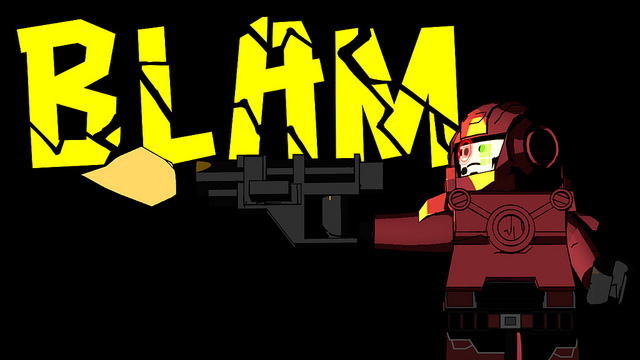We must understand that the lust for affluence in contemporary society is psychotic…We crave things we neither need nor enjoy. ~Richard Foster
Avarice: Insatiable desire for wealth or material things. One of the Eight Deadly Thoughts that whisper in all our ears.
What do you have too much of? The question was an ice-breaker at a Women’s Retreat. Answers were shared: shoes, fabric (this was a crafty group), clothes, books. We all nodded in sympathy.
My answer surprised even me. What did the speaker have too much of?
Butter.
I was in the throes of the baking-cookies-for-kids-and-their-friends stage of parenting. At the grocery store, I could never remember if we had butter so, just in case, I would pick up a pound or two. One day I cleaned out the fridge and found 20 pounds of butter hiding in the back.
The last morning of the retreat, every breakfast table sent their butter to mine. In case I was worried I would run out.
Harmless And Prudent?
A mildly amusing story, but too much butter in the fridge is hardly a problem. This is my point–avarice sneaks up on us and claims to do no harm.
Covetousness we call ambition.
Hoarding we call prudence.
Greed we call industry,
writes Richard Foster.
It may not be millions in an off-shore account, it may be twenties in an envelope under your mattress. Or a stash of food, supplies and weapons against the coming apocalypse du jour. Or a closet full of unworn clothes, a basement cluttered with barely used items “you might need someday.” We hoard, “just in case.” We store up for bad times we can’t predict.
Jesus calls it irrational. In Luke 12, he shares the parable of a wealthy man with crammed-full storage units, planning to upgrade to larger ones. What a fool, Jesus says. He’ll be dead by morning, and what good will stuff do him then?
Avarice distracts us from God, the simple enjoyment of life, and the very real need of others. “Wherever your treasure is, there your heart and thoughts will be also.” (Luke 12:34 NLT)
Why would we want to give our heart to things?
Arresting Avarice: ABC
- Appreciate: God knows what you need each day–put him first and he promises to provide.
- Be generous: Share your best things, not your cast-offs. Don’t keep anything–your home, car, clothing, food or cash–as “just for you.” Give it all to God for his use, for others.
- Clear out your basement, storage unit, garage, attic, closets on a regular basis–give away what you haven’t used for a while.
Reading Luke 12 regularly is a great antidote to avarice. What others ideas can you add?
photo credit









